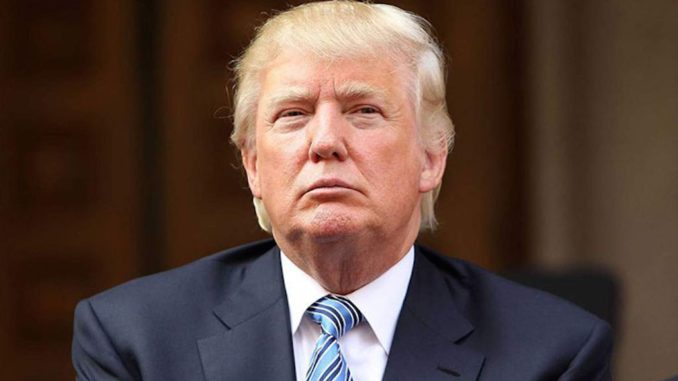
Attorneys-general of five US states have filed a lawsuit against a new immigration policy by the Donald Trump administration to deny possible permanent residency to immigrants who receive some federal benefits.
California is leading the coalition, and Xavier Becerra, its attorney general, was joined by his counterparts from the states of Maine, Oregon and Pennsylvania, as well as the District of Columbia, to challenge Trump’s policy to restrict immigrants’ access to legal status if they use food or medical benefits offered by the federal government.
The new policy, also known as the “Department of Homeland Security (DHS) Public Charge Rule,” is targeting working immigrants and their families by creating unnecessary new barriers to lawful admission to the US, Becerra said in the lawsuit filed in the US District Court for the Northern District of California.
“The Rule discourages hardworking eligible immigrants and their families from accessing critical health, nutrition, and housing programs that supplement their modest wages and help them make ends meet,” he said.
He said the “cruel policy” would force working parents and families across the nation to forgo those basic necessities out of fear, which is “simply unacceptable”.
“The rule will disproportionately block admission of non-white, non-European immigrants from Asia, Latin America, and Africa,” and create more obstacles for them in the path to US citizenship, Becerra added.
California Governor Gavin Newsom also slammed the move by the Trump administration as demonizing immigrants and creating fear in immigrant families, “which is cruel and threatens our public health”.
“We’re standing up to the Trump administration in court to protect our economy, our families, and our most sacred values,” he said.
According to Becerra’s office, California is home to more than 10 million immigrants and half of all children in the state have at least one immigrant parent.
Two California counties joined an earlier lawsuit filed this week by 13 states, including the Washington state, to challenge Trump’s public charge rule set to take effect in October.
END

Be the first to comment